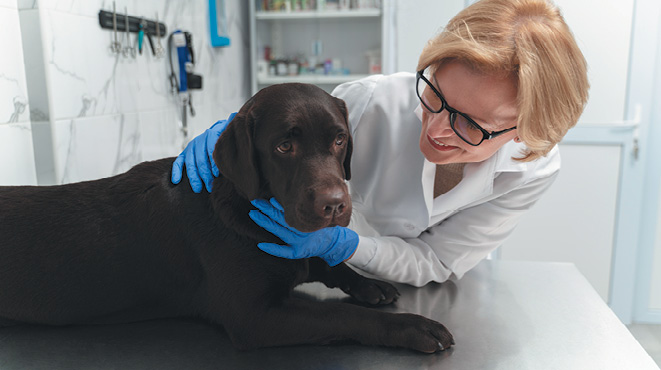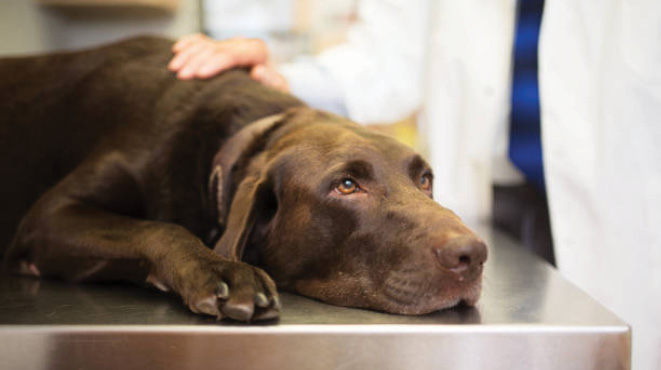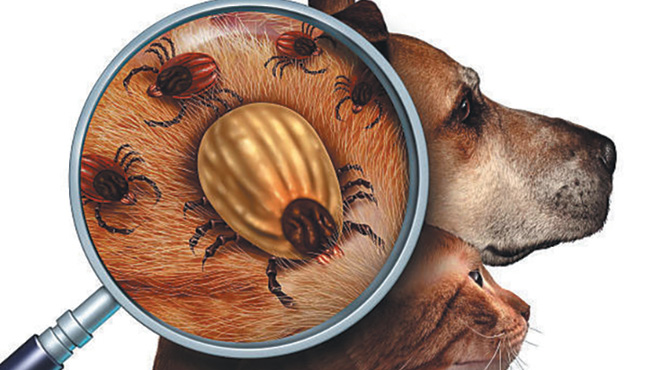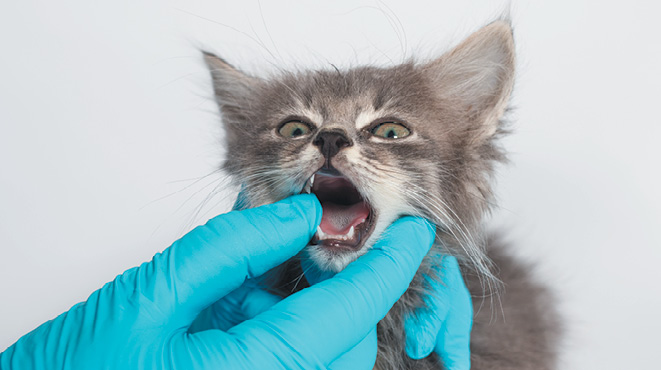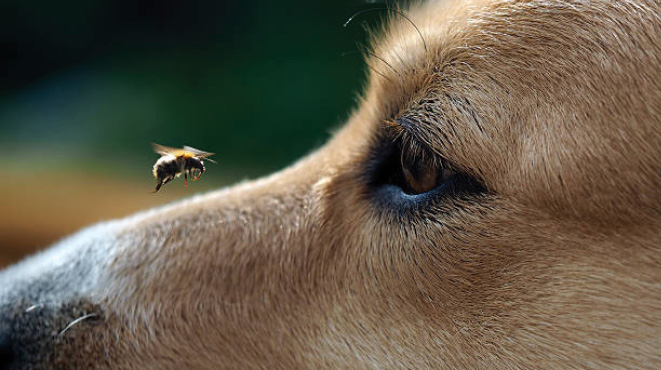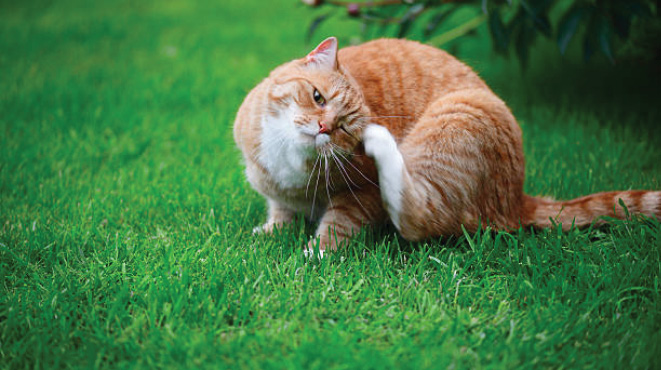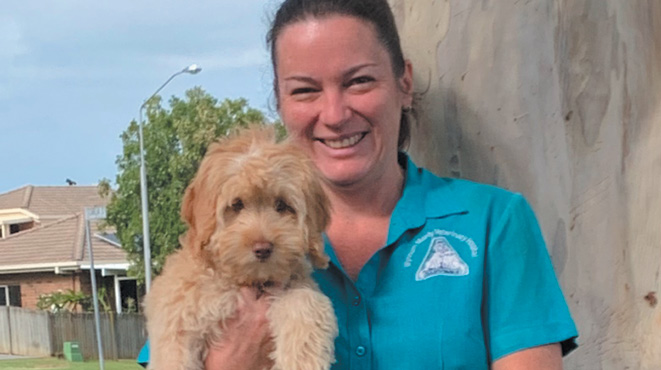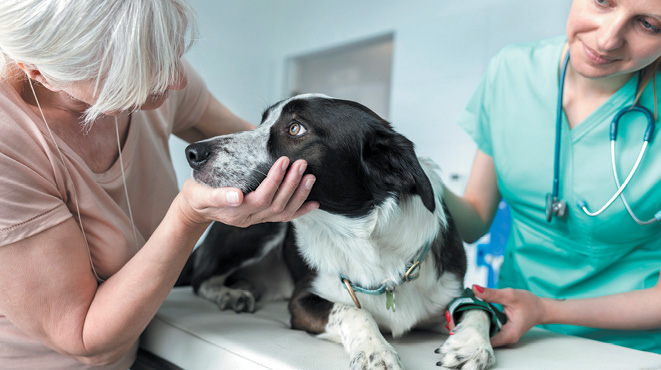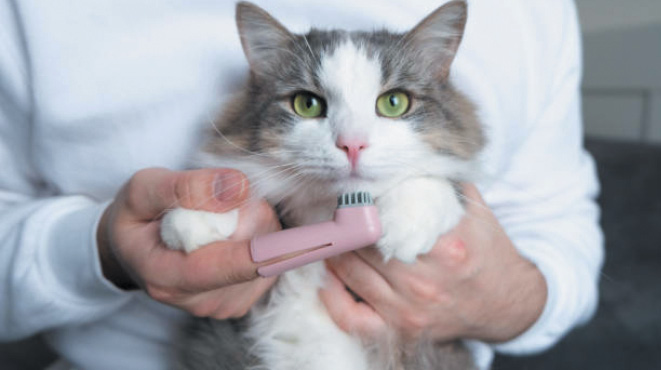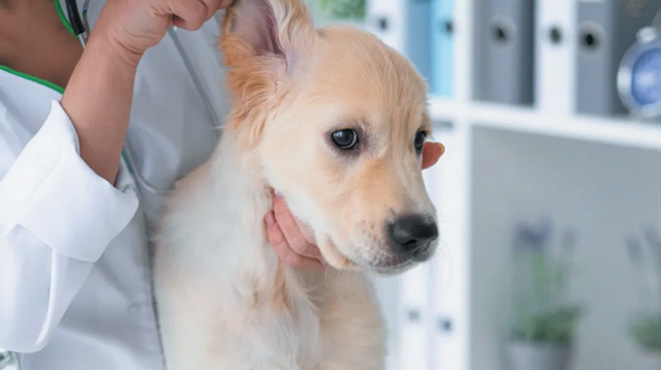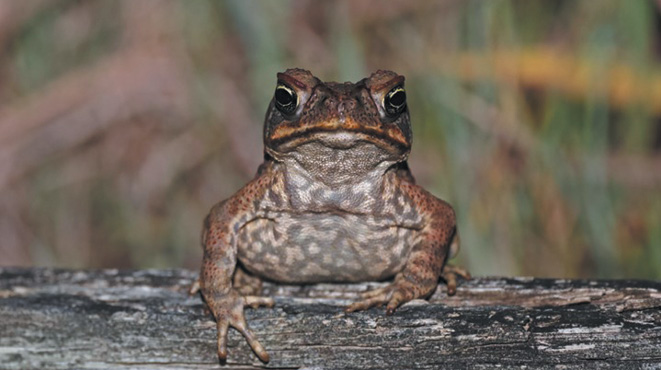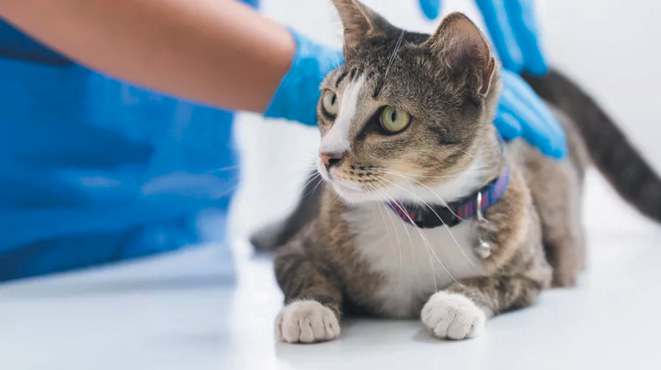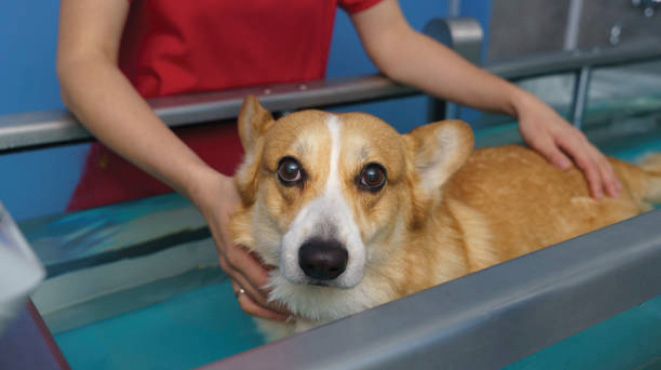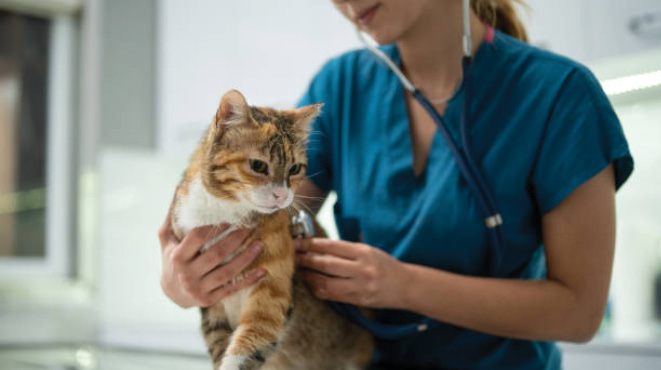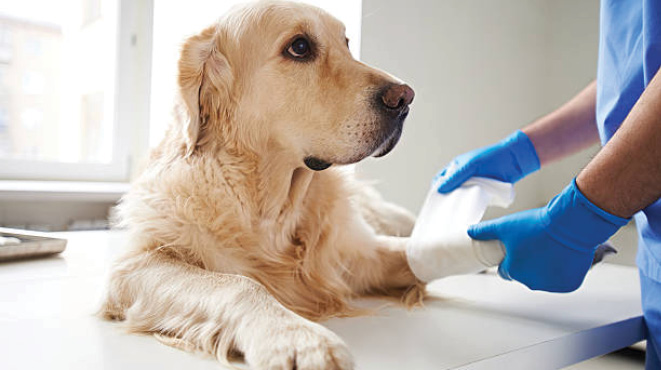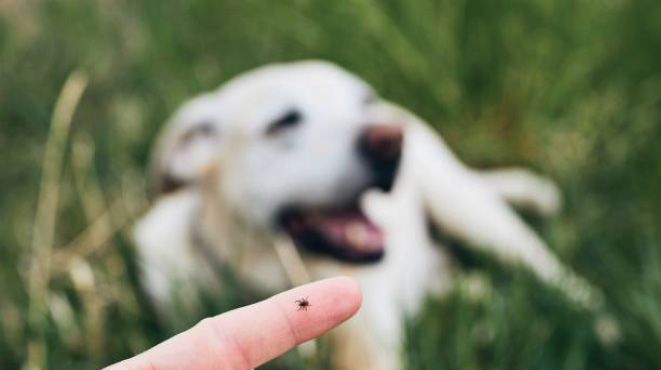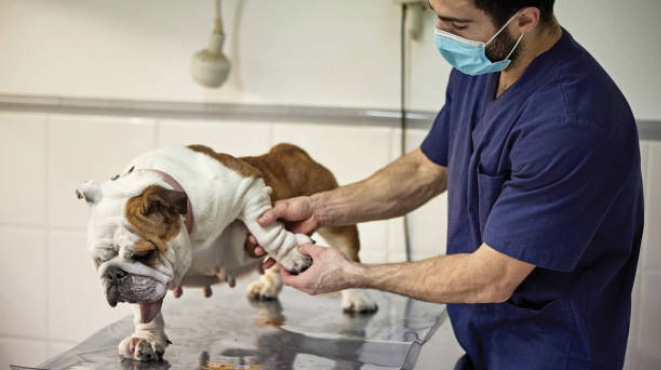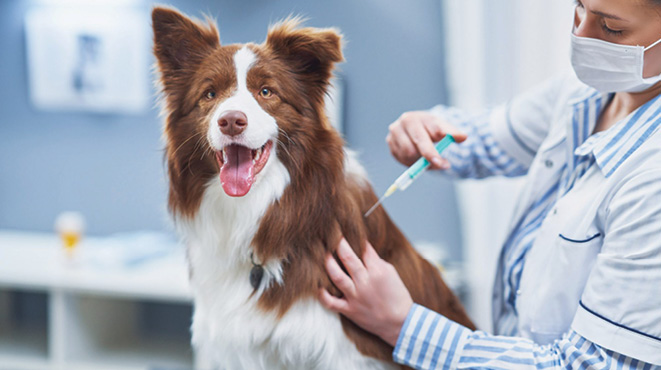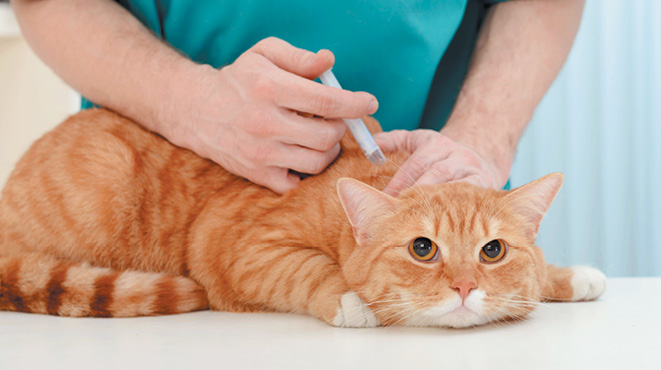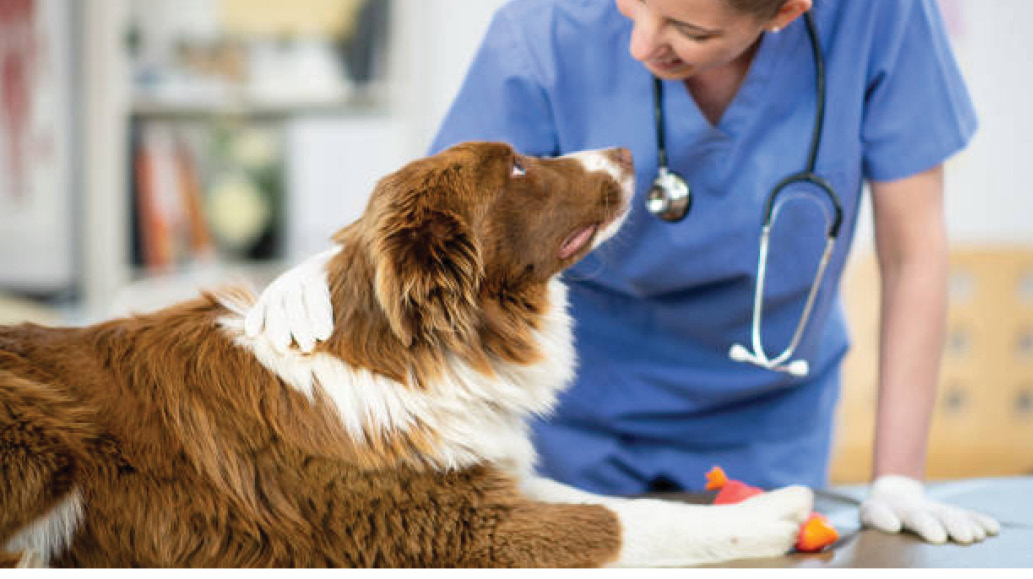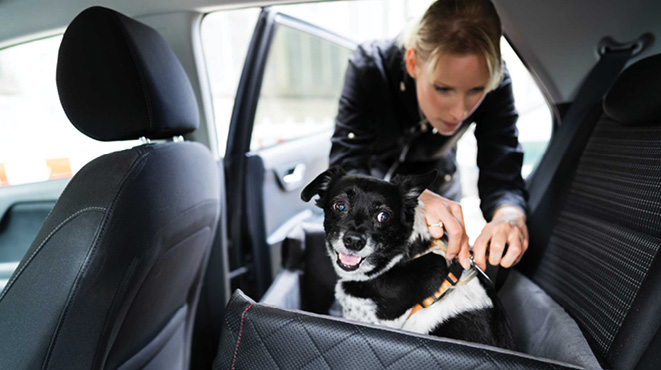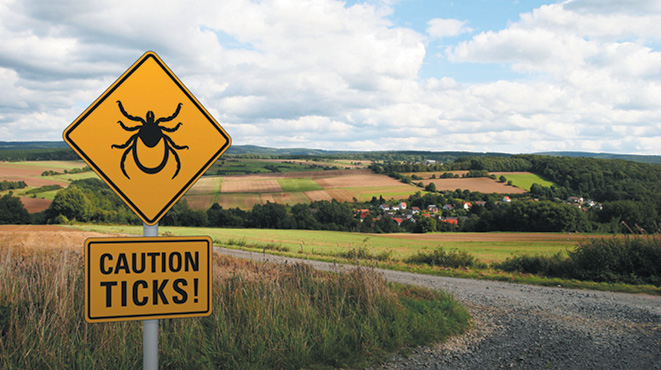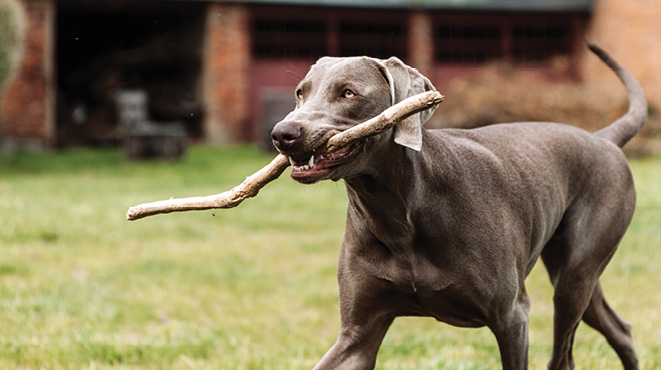BY DR NICKY THOMAS, WYNNUM MANLY VETERINARY HOSPITAL
Intestinal worms are common parasites of dogs and cats, which can cause serious diseases. These are three of the more commonly seen intestinal worms.
Roundworm – Toxocara canis/cati
Roundworms can infect any life stage of dogs and cats but are particularly significant in puppies and kittens. Animals are infected when the eggs of the worms are eaten; larval stages spread from the placenta or milk of pregnant or lactating dogs and cats.
The worms have a spaghetti-like appearance and attach to the lining of the intestine and feed on undigested food. A large mass of adult worms can cause a blockage in the intestines, especially in very small animals.
Signs of roundworm infection include a dull coat, poor growth and appetite, vomiting and a round belly.
Hookworm – Ancylostoma caninum
Hookworms can also infect any life stage of a pet but are more commonly seen in puppies. Animals pick up the worms either from ingesting larvae in the soil or through their skin; hookworm larvae can also spread from the placenta or milk.
Hookworms attach to the intestine and feed on the dog or cat’s blood. Serious infection can lead to anaemia and can be fatal.
Signs of hookworm infection include anaemia, dark tarry or bloody diarrhoea and a big belly.
TapeworM – Dipylidium caninum
Tapeworms can affect all life stages of dogs and cats. This particular tapeworm requires fleas to spread between dogs and cats – fleas ingest the tapeworm eggs and are then eaten by dogs and cats as they groom fleas from their coats. The worms hatch from the fleas in the animal’s intestine.
Tapeworms can be exceptionally long – they are made up of a head region and many small segments. The adult worms attach to the intestine of the dog or cat using suckers.
Animals with tapeworm infection show signs of irritation around the anus, and single worm segments, which have the appearance of cucumber seeds, may be seen in the faeces.
Intestinal worm infection is easily prevented with an ongoing parasite prevention program – have a chat with your vet for the recommended protocols for your pet.



